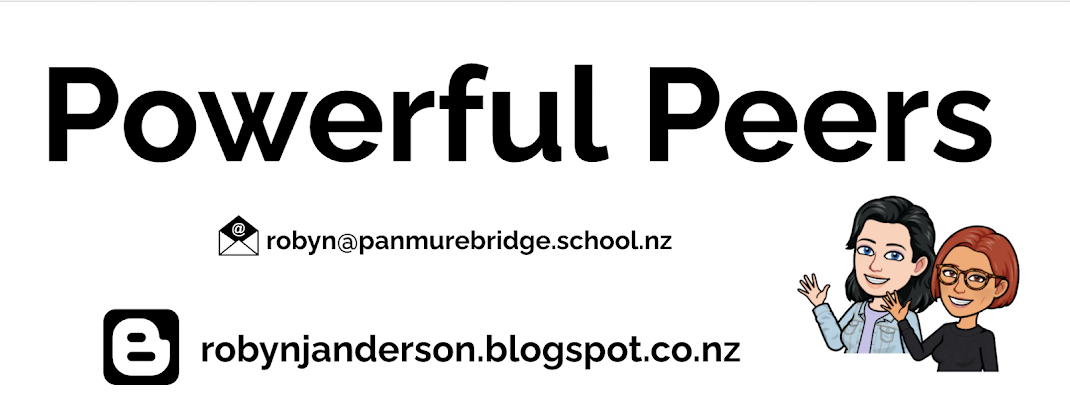With all our school starting or strengthening our structured literacy journeys this year, I have decided to focus on where the create aspect of the Manaiakalani pedagogy fits in and how we harnessing the digital to explore the create aspect of structured literacy. As I write this our Y4-8 team are yet to begin this journey so my hope is by voicing my hunch, we might avoid overlooking opportunities to create as we navigate our new learning.
I have been a part of the Manaiakalani cluster for many years and know the power the create component in learning has towards helping us achieve the 1.5x accelerated shift we need to ensure our learners are set up for success as they move through their individual learning journeys. 'Creative skills help students become better problem solvers, communicators and collaborators.' (Manaiakalani).
Sourced from Manaiakalani Pedagogy for DFI DLO
Students learn by actively constructing knowledge, not just absorbing it. This involves breaking down, rearranging, selecting, and demonstrating their understanding, so that “...whatever was in their mind, whatever they could visualise, whatever they could see they created...” - Elwyn Richardson.
The Apple curriculum supports this thinking and states 'After 40 years working alongside educators, we've seen — and research has shown — that creative thinking leads to deeper student engagement. And when students are more engaged, they take more ownership of their learning. Creative skills help students become better problem solvers, communicators and collaborators. They explore more and experiment more. They tell richer stories and find their own unique voices. They stretch their imaginations and make connections they might not otherwise make — and they carry these skills through everything they do in school. And beyond.' Why Creativity Matters - Apple Curriculum.
If I look back at my own time at school, with the exception of one year, I can not recall anything in reading lessons other than sitting in a circle reading a text round robin style then being sent back to my desk to answer questions in silence to demonstrate that I had gained meaning from what I had read. There were no opportunities to learn from others, no opportunities for collaboration and no opportunities to talk about the text, let alone creating anything with the information I had found. Sadly this was reading until I was about 9 years old, something I viewed as just a thing we did at school. The one year that stands out saw us being asked to draw characters in a particular scene, make information posters and redesign book covers. That was the year I saw reading at school as fun.
It is because of the very reason just mentioned, that I feel this is the the most important and catalytic issue of learning for our learners this year. I don't want to be introducing and unpacking a text verbally through preset comprehension strategies. I don't want to be the teacher who asks my students to summarise a text on a graphic organiser then leave it there. I want to be the teacher who asks a provocation and encourages talk and creativity. I want my learners to show me their connections to the aspects of the text we are unpacking using the plethora of digital tools available to us. Defaulting to substitution in response to a structured learning process does not, in my opinion, open the opportunities to 'empower my students with creative learning opportunities to help accelerate achievement'.

No comments:
Post a Comment